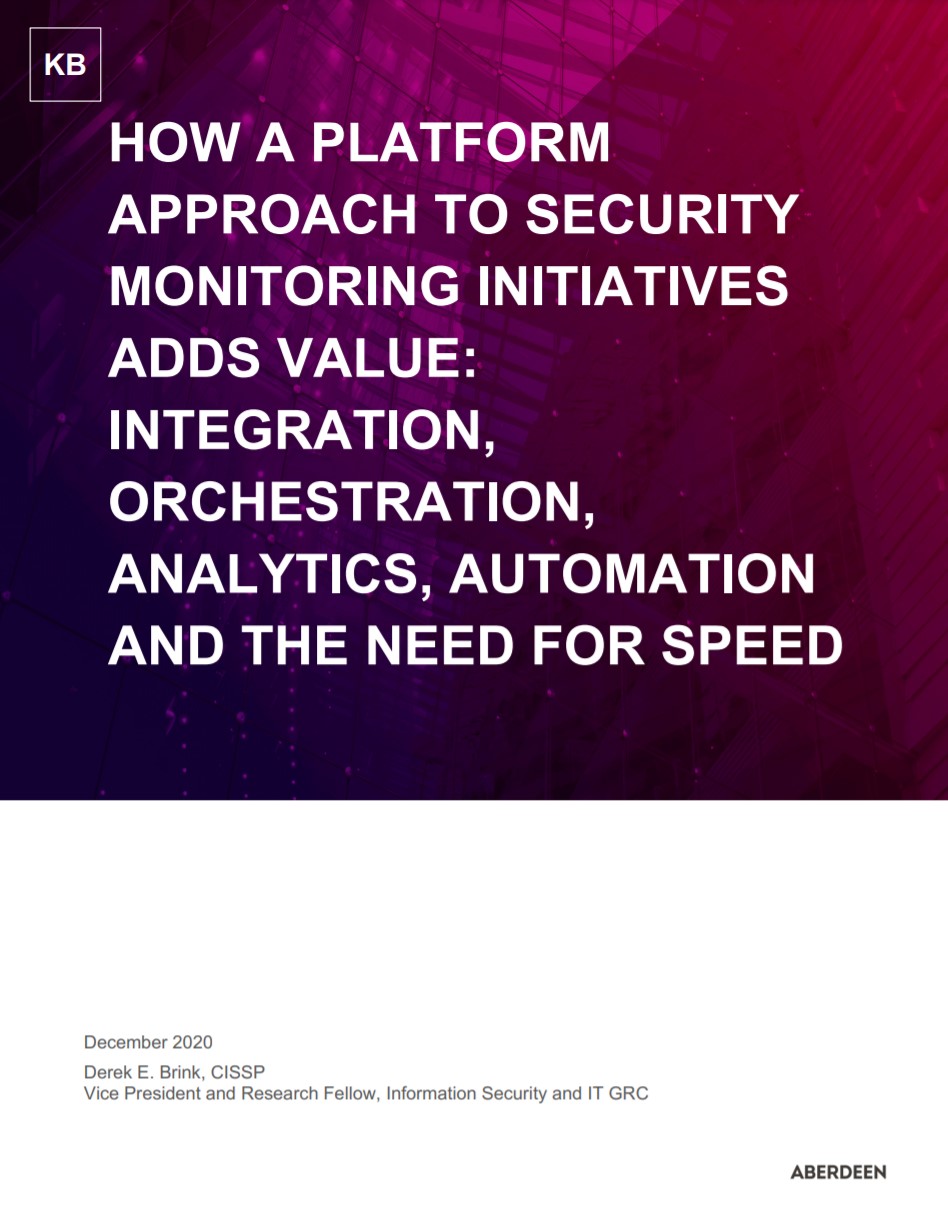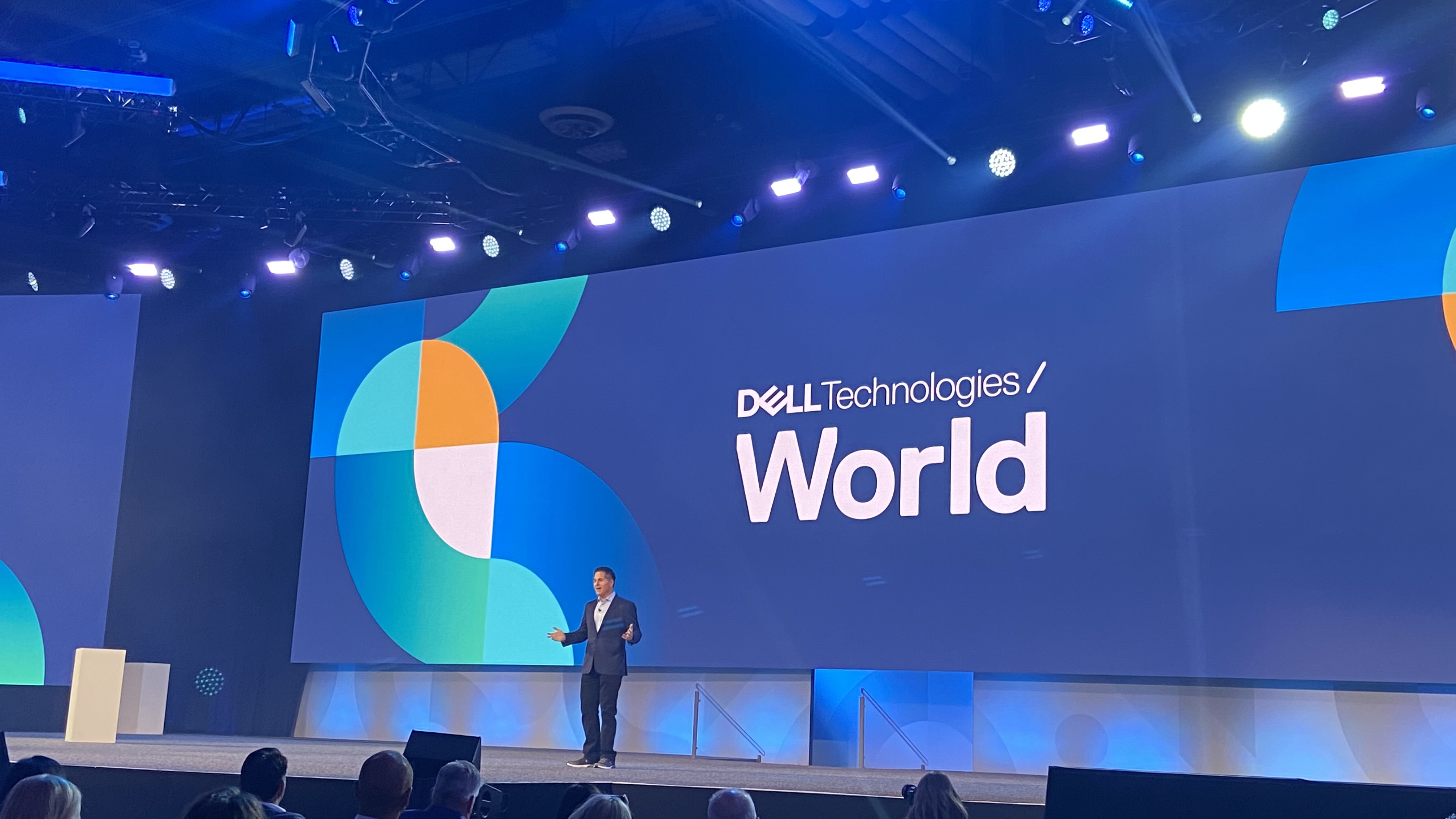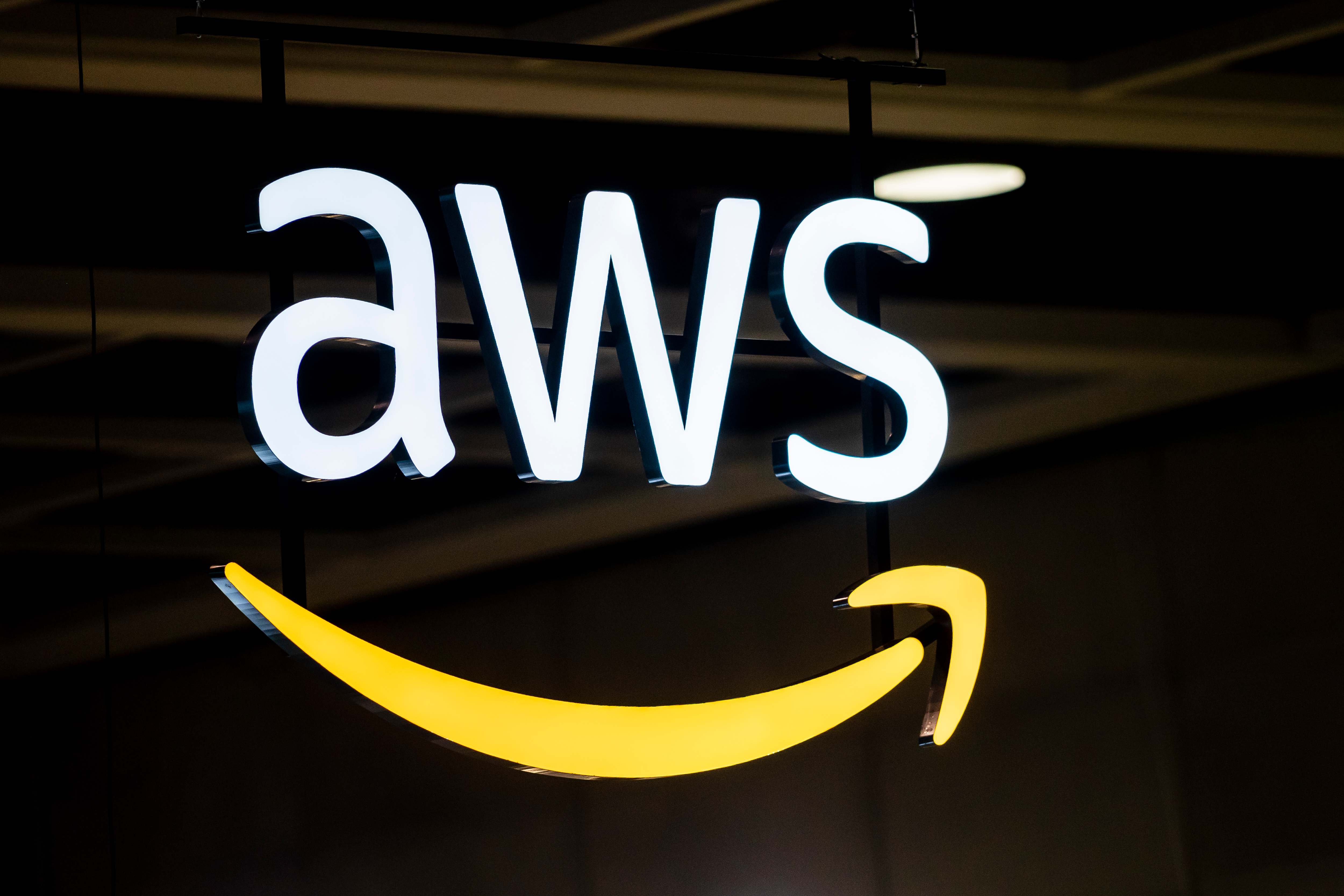Denonia named as first malware to target AWS Lambda platform
Deployment demonstrates how attackers are using advanced cloud-specific knowledge to exploit complex cloud infrastructure, Cado Security says


Security researchers at Cado Security have discovered the first publicly known malware specifically designed to target Amazon Web Services’ (AWS) Lambda platform.
Cado has named the software ‘Denonia’ after the name the attackers gave to the domain it communicates with. The Go-based software evades detection measures of complex cloud infrastructure to enable the mining of cryptocurrency through a modified version of the open-source crypto mining software XMRig.
RELATED RESOURCE

How a platform approach to security monitoring initiatives adds value
Integration, orchestration, analytics, automation, and the need for speed
Essentially, it uses new newer address resolution techniques for command and control (C2) traffic to avoid detection and evade virtual network access controls.
Although not inherently malicious and has limited distribution, this method of running XMRig could prove indicative of future exploitation methods, Cado said.
“Although this first sample is fairly innocuous in that it only runs crypto-mining software, it demonstrates how attackers are using advanced cloud-specific knowledge to exploit complex cloud infrastructure, and is indicative of potential future, more nefarious attacks,” Cado security researcher Matt Muir explained in a blog post.
Despite its numerous benefits, researchers said that Lambda’s short runtime durations, volume of executions, and the dynamic nature of its functions can make it difficult to detect, investigate and respond to a potential compromise.
Additionally, the AWS Shared Responsibility model means that AWS secures the underlying Lambda execution environment, while customers are responsible for securing the actual functions.
ChannelPro Newsletter
Stay up to date with the latest Channel industry news and analysis with our twice-weekly newsletter
Although Denonia is designed to execute inside of Lambda environments, it is also possible for it to run in other Linux environments too – which makes sense when considering that Lambda serverless environments are underpinned by Linux.
However, it is not yet known how the attackers are deploying the software. Cado researchers suggest they may be compromising AWS Access and Secret Keys before manually deploying into compromised environments – which wouldn’t be the first time.
An AWS spokesperson confirmed that actors did not breach Lambda via a vulnerability.
“Lambda is secure by default, and AWS continues to operate as designed,” they said. “Customers are able to run a variety of applications on Lambda, and this is otherwise indistinguishable to discovering the ability to run similar software in other on-premises or cloud compute environments.”
“That said, AWS has an acceptable use policy (AUP) that prohibits the violation of the security, integrity, or availability of any user, network, computer or communications system, software application, or network or computing device, and anyone who violates our AUP will not be allowed to use our services.”
AWS confirmed: “The software described by the researcher does not exploit any weakness in Lambda or any other AWS service.
Dan is a freelance writer and regular contributor to ChannelPro, covering the latest news stories across the IT, technology, and channel landscapes. Topics regularly cover cloud technologies, cyber security, software and operating system guides, and the latest mergers and acquisitions.
A journalism graduate from Leeds Beckett University, he combines a passion for the written word with a keen interest in the latest technology and its influence in an increasingly connected world.
He started writing for ChannelPro back in 2016, focusing on a mixture of news and technology guides, before becoming a regular contributor to ITPro. Elsewhere, he has previously written news and features across a range of other topics, including sport, music, and general news.
-
 Bigger salaries, more burnout: Is the CISO role in crisis?
Bigger salaries, more burnout: Is the CISO role in crisis?In-depth CISOs are more stressed than ever before – but why is this and what can be done?
By Kate O'Flaherty Published
-
 Cheap cyber crime kits can be bought on the dark web for less than $25
Cheap cyber crime kits can be bought on the dark web for less than $25News Research from NordVPN shows phishing kits are now widely available on the dark web and via messaging apps like Telegram, and are often selling for less than $25.
By Emma Woollacott Published
-
 Dell Technologies World 2022: Dell unveils security offerings for major cloud providers
Dell Technologies World 2022: Dell unveils security offerings for major cloud providersNews The tech giant also added Cyber Recovery Services to its existing Apex portfolio and announced a multi-cloud collaboration with Snowflake Data Cloud
By Sabina Weston Published
-
 MWC 2022: Ukrainian protesters call for Russian tech boycott
MWC 2022: Ukrainian protesters call for Russian tech boycottNews The protestors are urging AWS to “shut down” servers being used by Russian entities
By Sabina Weston Published
-
 AWS' CodeGuru Reviewer updated to tackle Log4j
AWS' CodeGuru Reviewer updated to tackle Log4jNews Amazon's code reviewer also now includes a library detailing every detector used by the platform
By Praharsha Anand Published
-
 Sennheiser exposed personal data of 28,000 customers with leaky S3 bucket
Sennheiser exposed personal data of 28,000 customers with leaky S3 bucketNews Server containing full names, email addresses, phone numbers, and supplier information was left open to the public for three years
By Danny Bradbury Published
-
 AWS shuts down NSO Group infrastructure
AWS shuts down NSO Group infrastructureNews The Israeli company’s Pegasus spyware was used to target at least 50,000 mobile phones
By Sabina Weston Published
-
 AWS Network Firewall provides network protection across all workloads
AWS Network Firewall provides network protection across all workloadsNews New firewall tools offer improved security in virtual private clouds
By Rene Millman Published
-
 EU charges Amazon over misuse of third-party data
EU charges Amazon over misuse of third-party dataNews The EC claims Amazon broke competition rules by using data gathered on third-party sellers to compete against them
By Carly Page Published
-
 Hotel booking firm exposes data on "millions" of guests
Hotel booking firm exposes data on "millions" of guestsNews Reservation platform used by Hotels.com, Booking.com and Expedia left sensitive data exposed on a misconfigured AWS S3 bucket
By Carly Page Published